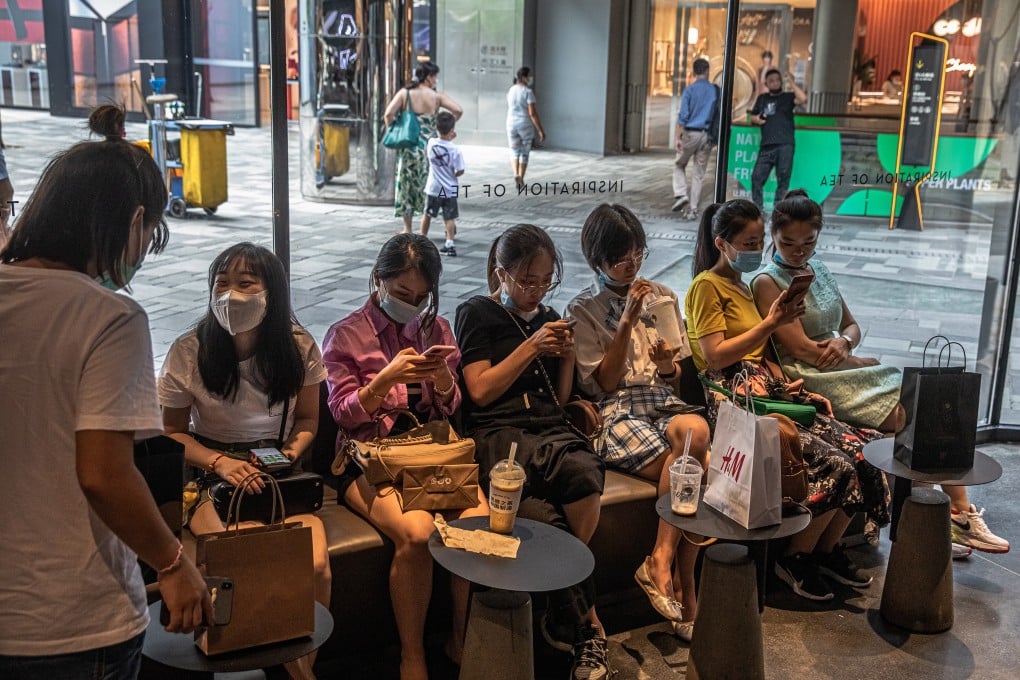Hong Kong and mainland stocks gain for third day amid optimism about economic recovery in China
- Hang Seng Index adds 0.4 per cent, or 92.48 points, while the Shanghai Composite gains 0.3 per cent
- China’s onshore yuan, Hong Kong dollar appreciate against US dollar

Hong Kong and China stocks rose for a third day on Tuesday, on evidence that a recovery from the ravages of the coronavirus pandemic was strengthening in Asia’s largest economy.
The Hang Seng Index added 0.4 per cent, or 92.48 points, to 24,732.76 at the close. On the mainland, the Shanghai Composite Index gained 0.5 per cent to 3,295.68. China’s onshore yuan, meanwhile, strengthened 0.4 per cent to 6.7827 against the US dollar, its strongest level since May 2019.
The Hong Kong dollar appreciated as well, rising to 7.7500 per US dollar, the top end of its trading band of between 7.7500 and 7.8500. This will require the Hong Kong Monetary Authority – the city’s de facto central bank – to step in and weaken the local currency and bring its exchange rate back within the trading band.
China’s industrial output, retail sales and fixed-asset investments all exceeded economists’ estimates in August, according to National Bureau of Statistics data released on Tuesday morning. The most encouraging part of the data concerned retail sales, which last month returned to growth for the first time this year with a 0.5 per cent year-on-year increase. This was viewed by some traders as signalling a broad-based recovery from the dislocation caused by Covid-19.
“This data is about as strong a signal as one could expect and will continue to support steady economic growth recovery,” said Stephen Innes, strategist at AxiCorp. “Hence the small pop in risk assets across the board.”
Property developers led the gains in Hong Kong, while catering and hotel operators jumped on the mainland on the improvement in retail sales. Chinese airlines also rose on expectations that a stronger yuan will bolster profits by reducing the repatriated value of foreign debt denominated in the US dollar.